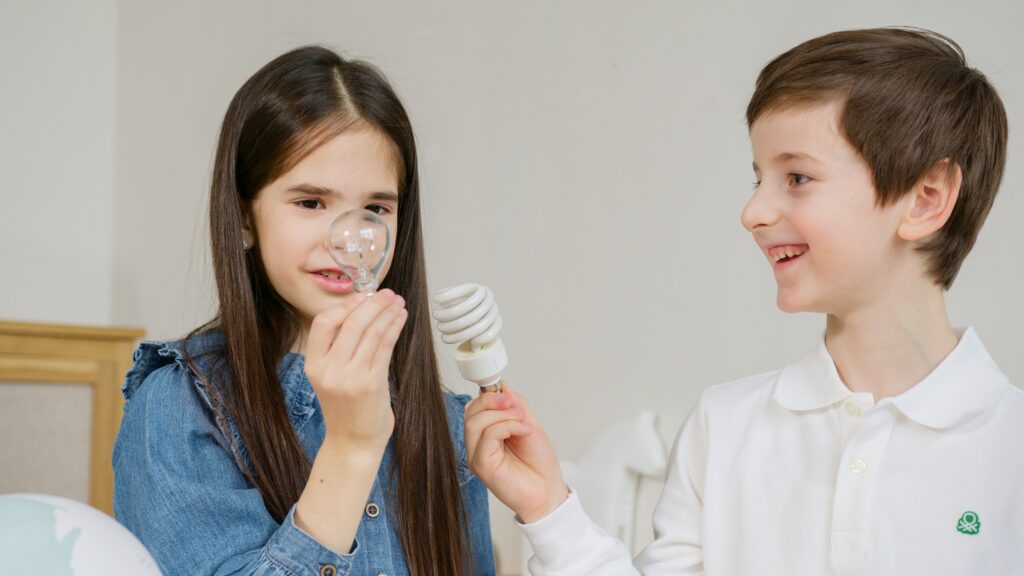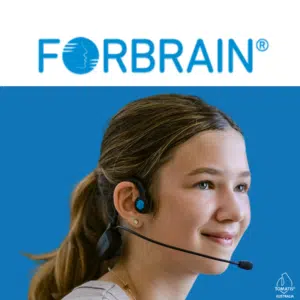Alan, a bright-eyed little boy, was born to Melissa and Jack, filled with hopes and dreams for their beloved son. However, as Alan grew older, it became evident that he faced unique challenges in navigating the world around him. Melissa and Jack often found themselves overwhelmed by what they perceived as Alan’s “tantrums” and difficulty in adhering to boundaries. They felt frustrated and uncertain, questioning their parenting abilities and struggling to understand their son’s behaviour.
Deep down, Melissa had a strong intuition that Alan’s actions were not merely acts of defiance or willfulness. She recognised his sensitivity and innate goodness, which contrasted sharply with the perceived misbehaviour. However, Jack, driven by his frustrations, couldn’t shake the feeling that they were unsuccessful in their parenting efforts. This emotional turmoil cast a shadow over their family life, affecting Alan’s self-esteem from a young age.
Everything changed when Alan turned ten and received a dual diagnosis of Attention-Deficit/Hyperactivity Disorder (ADHD) and Auditory Processing Disorder (APD). The diagnosis provided a crucial turning point for the family, shedding light on the underlying causes of Alan’s struggles. It validated Melissa’s belief that there was more to Alan’s behaviour than met the eye and gave them hope for finding viable interventions.






